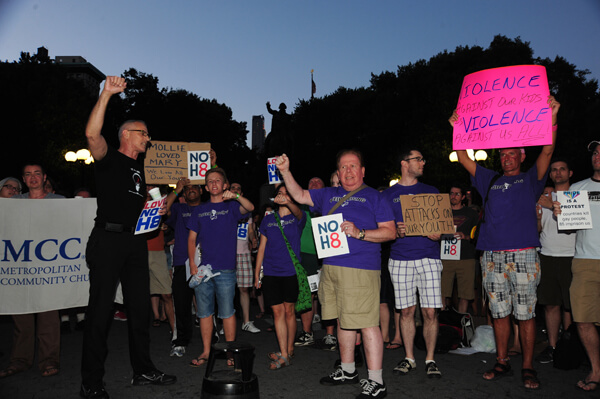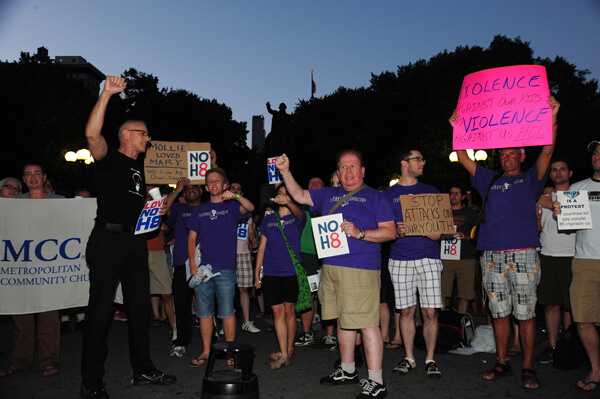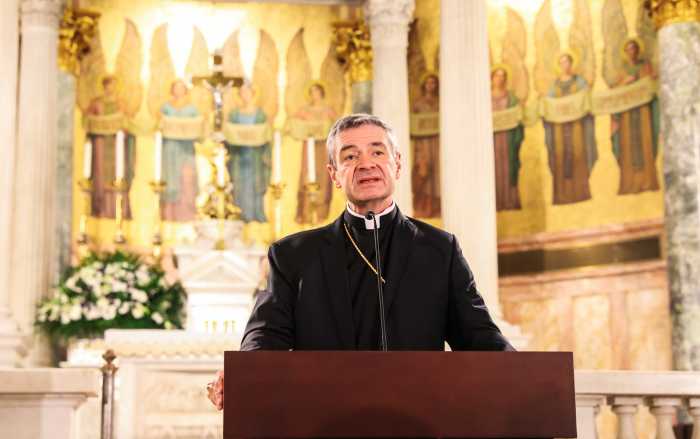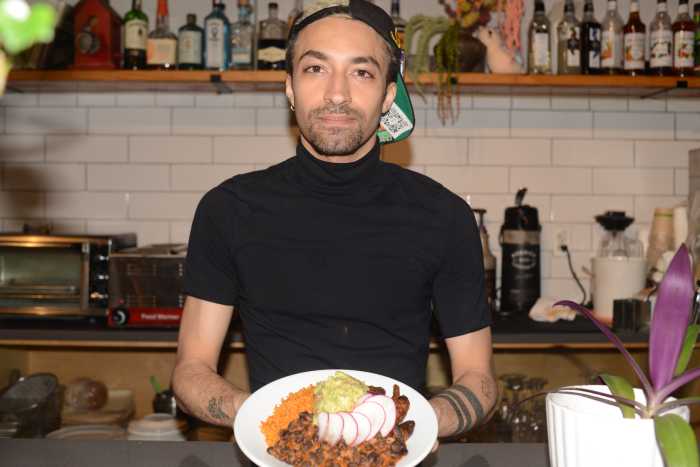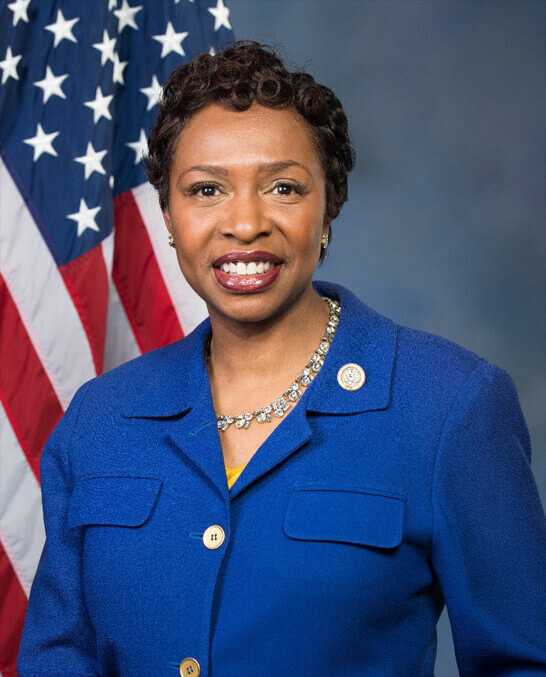A vigil for Molly Olgin, murdered with a gun in Texas, and her girlfriend, Mary Kristene Chapa, who was seriously wounded, in Union Square the evening of July 1. | DONNA ACETO
New York State’s anti-bullying law has finally gone into effect, and all the gay news sites are announcing, “Our kids are finally protected.”
“It’s the end of bullying.”
As if a couple of paragraphs inserted here and there magically keep kids from getting tormented, beaten up, or forced into suicide.
Did laws against murder keep some guy from firing a couple of rounds into teenage lesbian couple Molly Olgin and Mary Kristene Chapa last week in Portland, Texas? Those don’t apply when you’re talking about dykes or women or somebody who doesn’t look quite white. Nope, the law didn’t put a force field around them or save Molly Olgin’s life. It rarely can.
The law alone is like a message in a bottle. Maybe somebody’ll get it. Maybe not. The same holds true when the law is breached. Maybe you’ll get justice. Maybe not. The real trick is to get the law off that scrap of paper and into our heads, installing itself as a personal value, an organizing principle that creates its own refrains reminding us, “Those are other people, members of my human tribe. Put down the gun.”
Unfortunately, changing culture, changing society isn’t something you can just lobby for or throw money at. Which is why LGBT people have mostly abandoned the project in favor of changing themselves. Becoming normal. In public, now, we mostly show up freshly scrubbed, paired off like sedated animals in the ark who can’t even be bothered to growl, squawk, or fuck.
The artists we applaud for coming out are already adored by the mainstream. I love Ricky Martin, but what does him coming out prove besides the fact that at least a few of us are presentable? Not scary at all? He’s so good-looking and good humored. Ditto for Ellen. You could take her home to your Nana. Wanda Sykes has a lot more edge, but she’s not actually gonna cut anybody with it.
In some ways, this decade and a half of efforts to join the military, get married, adopt, be accepted like anybody else only reinforces the idea that heterosexual, gender-conforming, marriage-aspiring people are the standard of normal. And the rest of us that can’t –– or won’t –– pass are still screwed. And as likely to be targeted because our sexual orientation is like a persistent, terrifying reminder of difference, that things don’t have to be the way they are.
We say we want change, but we hardly ever do. There was, though, a brief moment in the late ‘80s and ‘90s when LGBT people still embraced change and experiment. It wasn’t just AIDS that provoked the queer art and activism of those years, shaping its bastard children, ACT UP, Queer Nation, the Lesbian Avengers.
There was Holly Hughes with her epochal “The Well of Horniness,” and all the WOW iconoclasts, including the Five Lesbian Brothers. They created a lesbian theater that went beyond your mother’s lesbian separatism, which stood in opposition to a world dominated by men, rejecting their hostility and violence and wrapping us tight in cotton wool against the general ferocity of the world.
What the WOW girls did was dismantle the world itself. If men existed at all, it was in faint echoes of old films and TV shows. And you could recast everybody’s roles. There was sex and humor and more words for vagina than you can shake a stick at. They were raunchy and irreverent and transformative. Pursuing their own peculiar world, they were incredibly free.
After them, I discovered a book by David Wojnarowicz, a poet/ artist crying out to America as an unrepentant faggot, holding her accountable for all those AIDS deaths, all the suffering of queers sent into cultural exile. He demanded that the great narcissists of our country quit staring at their belly buttons and gaze into the distance. Into the future, which did not look at all like them.
And dyke poet Eileen Myles actually ran for president, with her dog Rosie, stumping her way into American life, ready or not. While in “After Dolores,” novelist Sarah Schulman inserted dykes into a New York City that wasn’t asked to embrace anybody. She just planted her own dyke flag. At P.S. 122, performance artist Carmelita Tropicana turned Cuban –– and American –– culture upside down and inside and out, while her choreographer pal Jennifer Monson explored gracelessness and gravity, directing her dancers to collide mid-air.
That was a different time, when queers had the ambition to broaden America, the whole world, really, not just squeeze themselves into a tiny corner of it. We were sick of being midgets and pygmies. And knew, what I still know now, that if there is going to be safety for any of us, we can’t just break down one wall. We have to destroy them all.
Check out the Lesbian Avengers Project at lesbianavengers.com.

